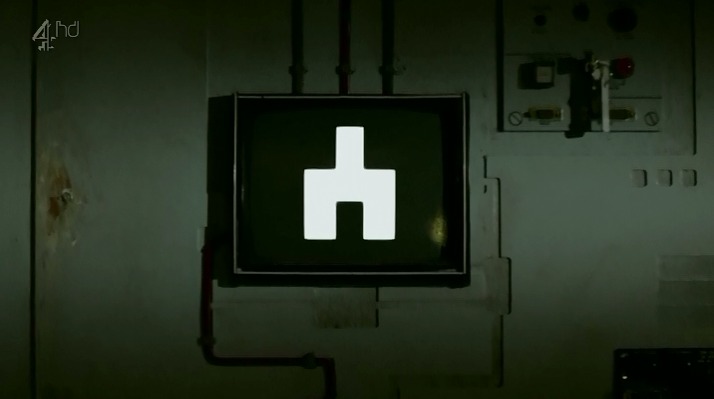Ahora que Black Mirror está llegando a Estados Unidos, un montón de gente ha escrito excelentes reseñas. La mejor que he leído está en el New Yorker. Emily Nussbaum apunta algo que no había entendido y resulta super-obvio: Black Mirror es la Dimension Desconocida de la era digital.
La fórmula y la magia de Dimensión Desconocida era que sus historias partían de un presente familiar y luego introducían una ligera variante, un pequeño batir de alas que desencadenaba un horror absurdo, pero a la vez cercano, inescapable. Eso es Black Mirror también.
El artículo lo explica mejor:
Serling’s “The Twilight Zone” aired, in the fifties and sixties, it was an oasis in a bland era. Through sci-fi metaphor, Serling could talk about civil rights and the Red Scare without the censors stepping in. His endings could be unhappy, even nihilistic—a break with the industry’s feel-good ways. Brooker has a lot in common with Serling: he’s an absurdist, with a taste for morality plays and horror shows. He knows how to land a punch. Yet he’s responding to a very different media environment, one that is saturated with “edginess,” from sexy torture scenes to cynical satire. “Black Mirror” slices at this material from several angles, critiquing the seductions of life lived through a screen. It’s an approach that could easily turn pedantic—just another op-ed about Tinder-cruising millennials—but it never does. Because Brooker is an insider, with a deep and imaginative understanding of tech culture, he doesn’t come off as “The Simpsons” ’s “Old Man Yells at Cloud” (or Aaron Sorkin, his representative here on earth). He can’t condescend to those who rely on their devices, because he’s so clearly one of us.
